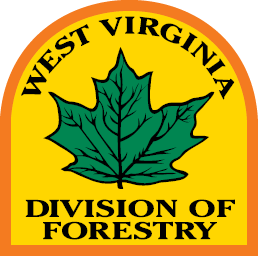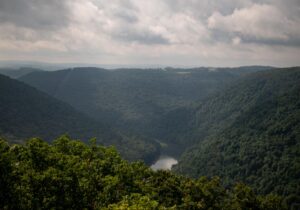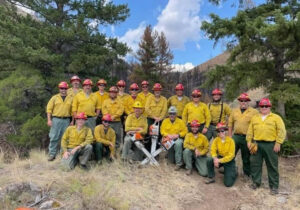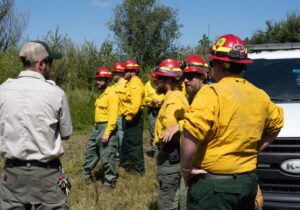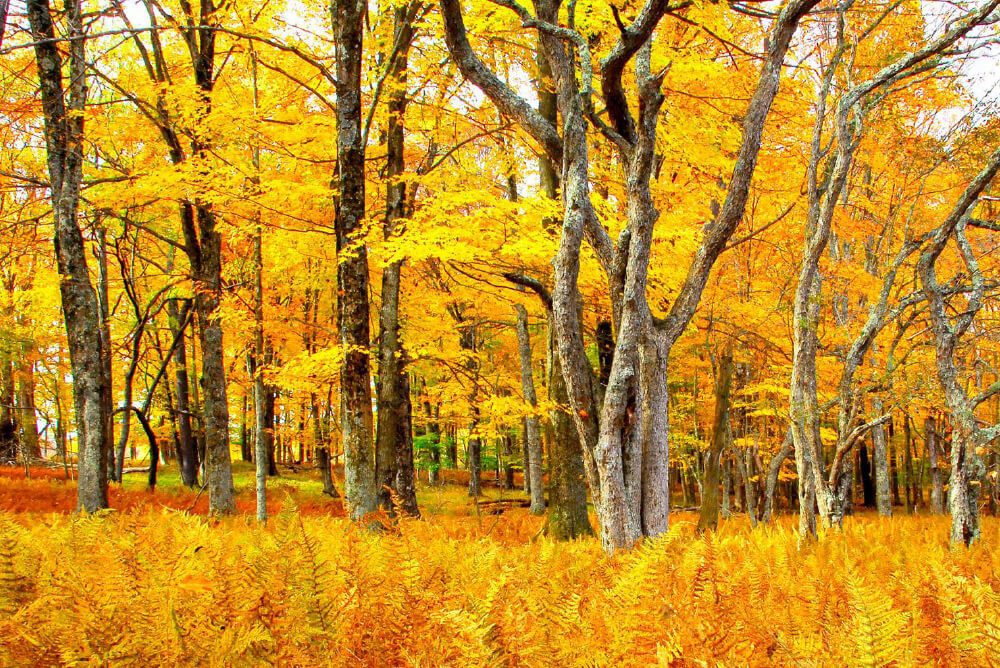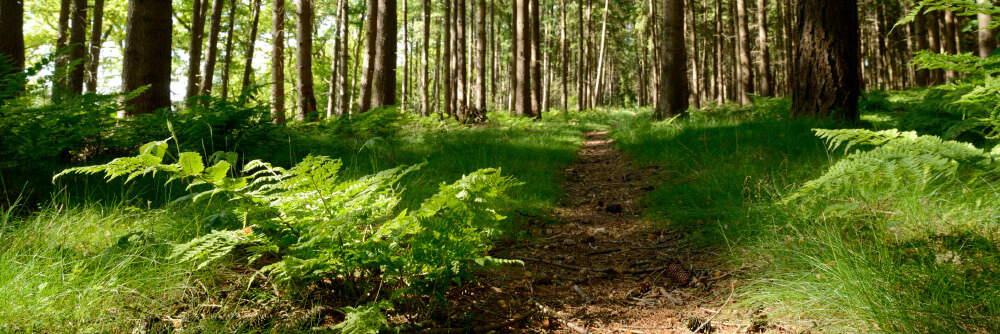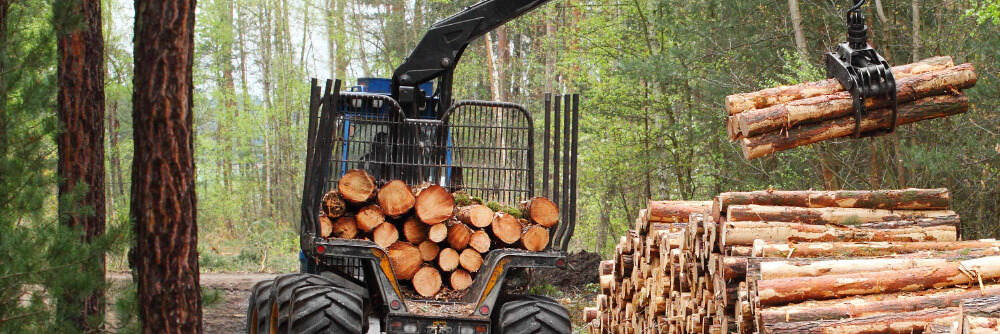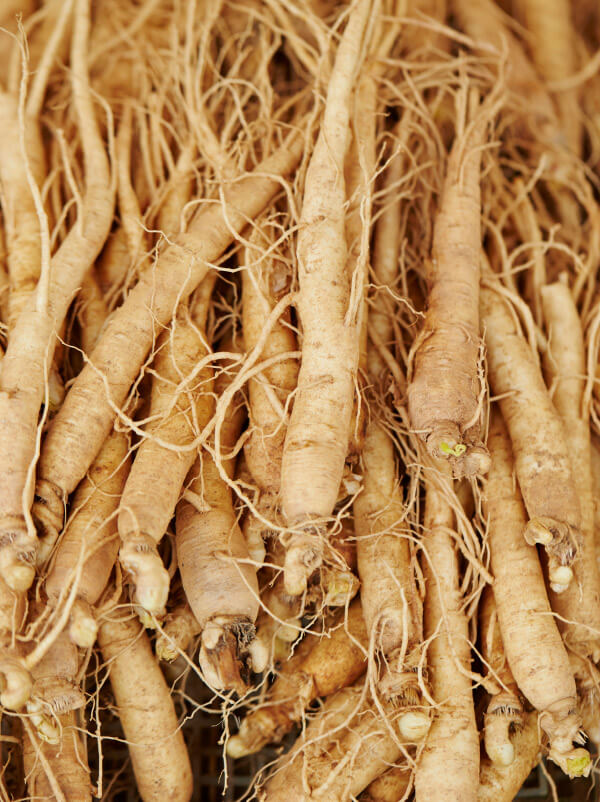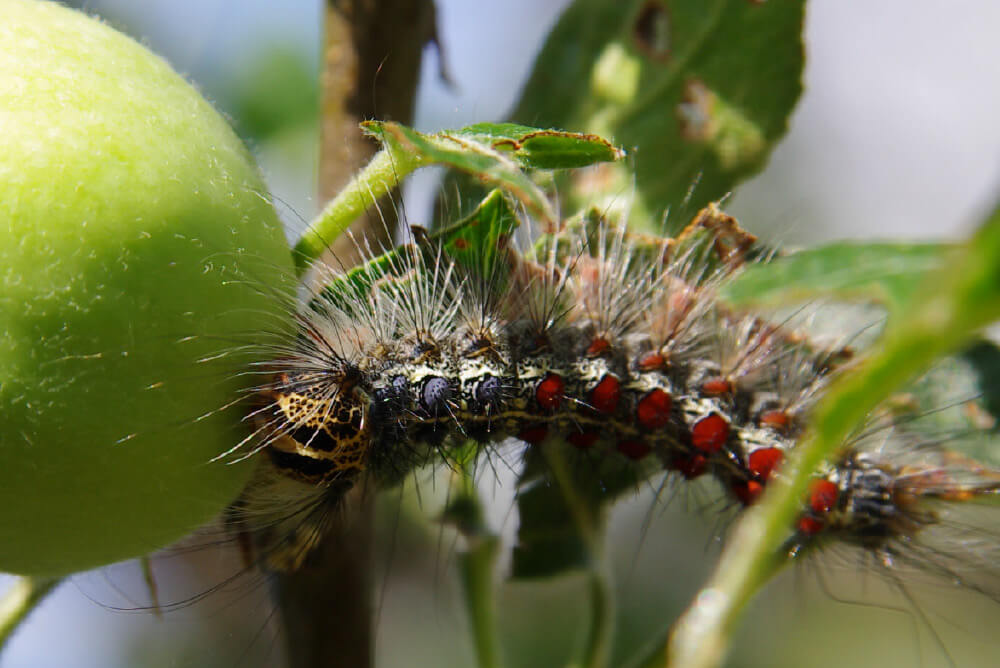Over 9,000 pounds harvested last year in state
Come September 1, treasure hunters will descend upon the wooded hills of West Virginia to dig for gold—ginseng gold, that is.
West Virginia’s ginseng harvesting season runs through November 30. During that time, diggers will collect thousands of pounds of this valuable root that is used in everything from energy drinks to herbal remedies.
“Ginseng is a valuable resource here in the Mountain State. The West Virginia Division of Forestry closely monitors these annual collections to protect the state’s wild ginseng supplies and assure their continued growth,” said Barry Cook, WVDOF Director/State Forester.
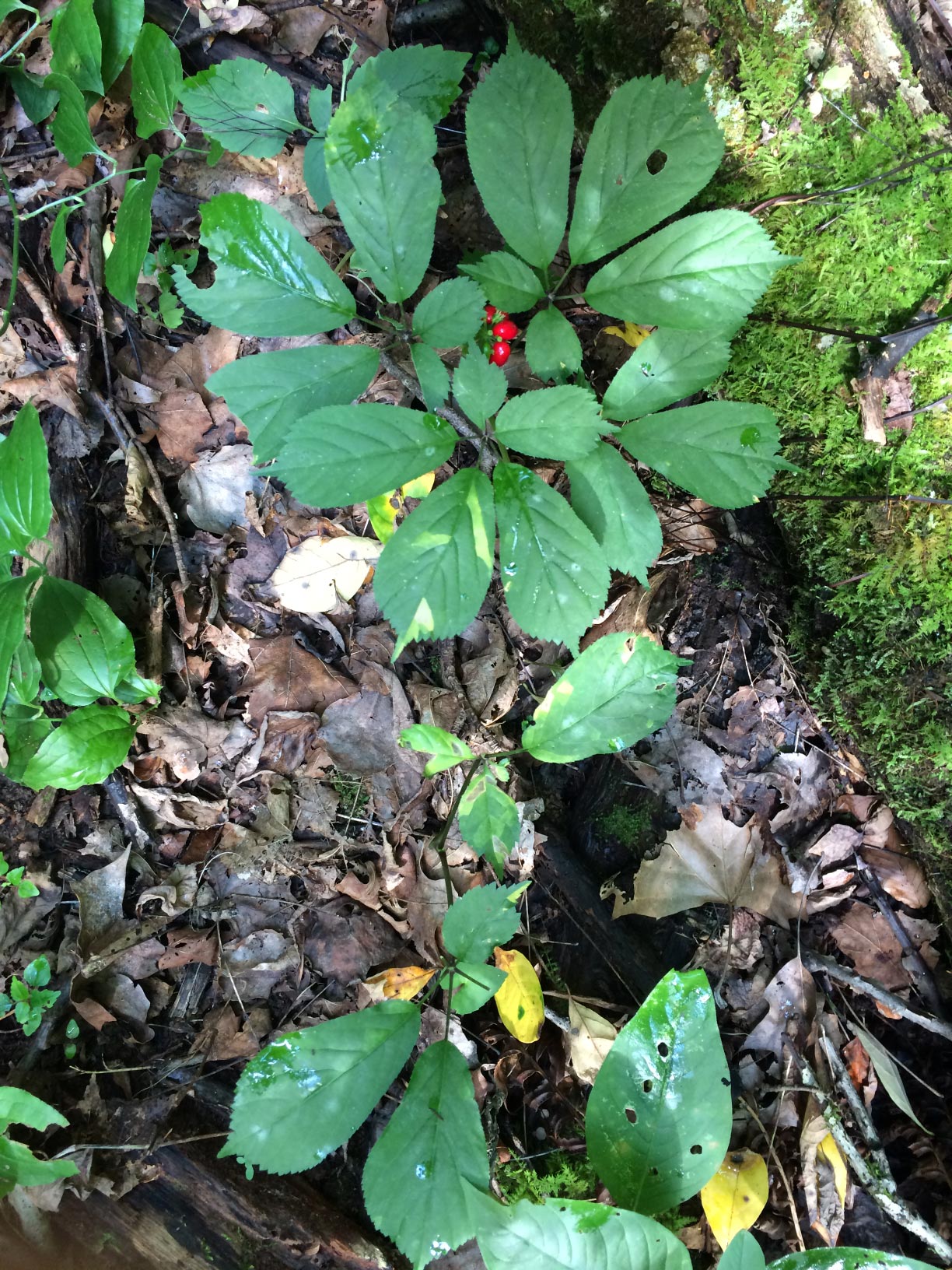
A storied past
Long before West Virginia became a state, Native Americans were digging ginseng to use for medicinal purposes They found many uses for the plant, making ginseng tea to treat fevers and digestive problems, and using a poultice of the root to stanch bleeding.
Later, white settlers began harvesting it as a cash crop. After the Revolutionary War, ginseng harvesters began selling to dealers on the East Coast, where the valuable root eventually left New York Harbor as cargo destined for China.
Even today, much of the harvested root is exported to China and other East Asian countries. A small portion remains in the U.S., where it is used in herbal remedies and sold in health food stores.
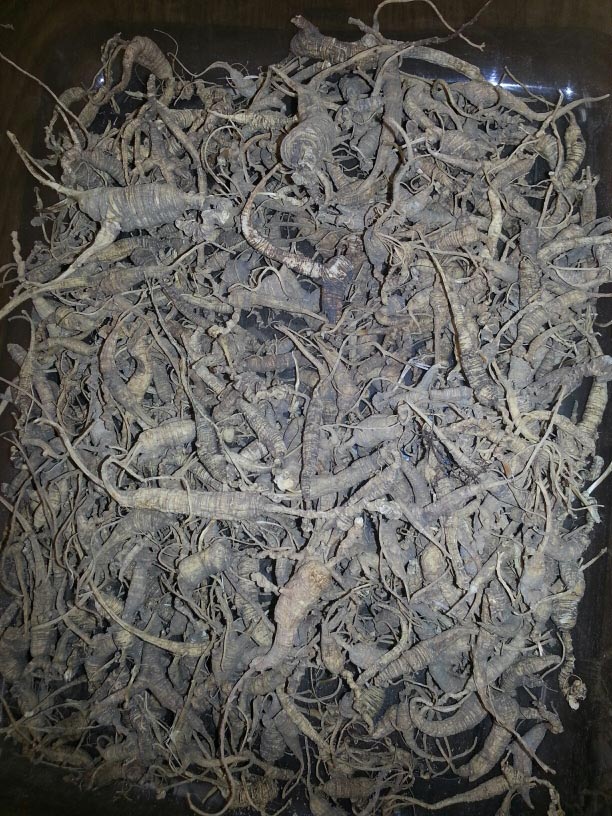
Lucrative industry
Ginseng is native to all 55 counties, but you’re most likely to find it growing in cool, moist forests. As the third-most heavily forested state in the nation, that means West Virginia has plenty of rich terrain to support this lucrative crop.
And indeed, it is a profitable business. Over 9,000 pounds of ginseng was harvested in West Virginia in 2018, according to the WVDOF. Dried roots can fetch as much as $700 per pound, so that’s a pretty enticing lure.
But certain rules must be followed, or the ginseng will be confiscated and the harvester may end up facing some steep fines, said Robin Black, ginseng coordinator for the WVDOF.
“Ginseng digging is prohibited in state forests, state parks and state-owned recreational areas,” Black said. “Diggers must hunt on their own property or obtain written permission to hunt on someone else’s property.”
All ginseng must be dug in season (Sept. 1 to Nov. 30, 2019). Diggers have until March 31, 2020 to sell to a registered dealer or request a weight receipt from a WVDOF weigh station. This enables the digger to hold the ginseng until next season to be sold to a registered dealer.
“The weight receipt is NOT a certificate that allows diggers to sell it out of state. Ginseng cannot cross state lines without being certified and only registered dealers can certify ginseng,” Black said.
Ginseng diggers also are required to replant seeds from the parent plant in the spot where they harvested to help continue the species. Only ginseng plants with three or more prongs are old enough to harvest.
For more information, visit the WVDOF’s page on the West Virginia Ginseng Program.
